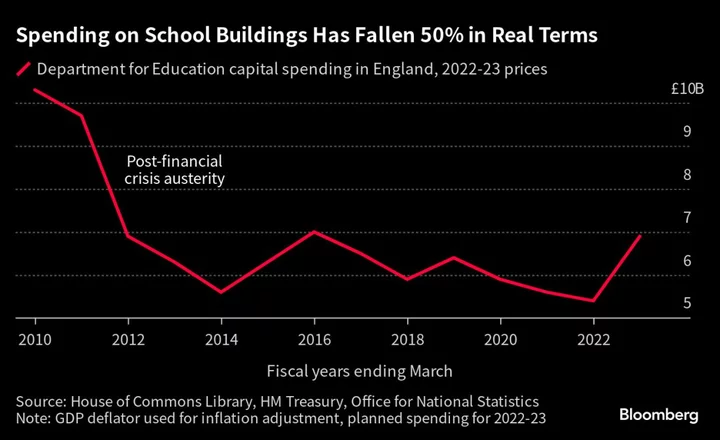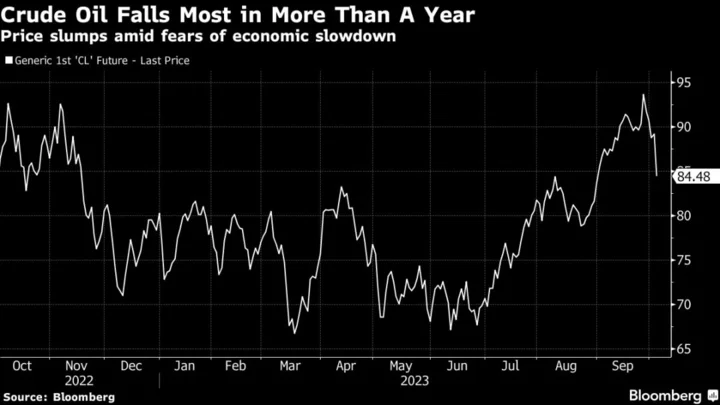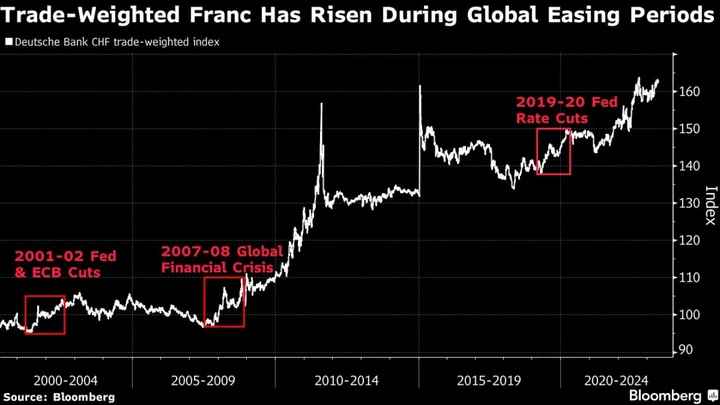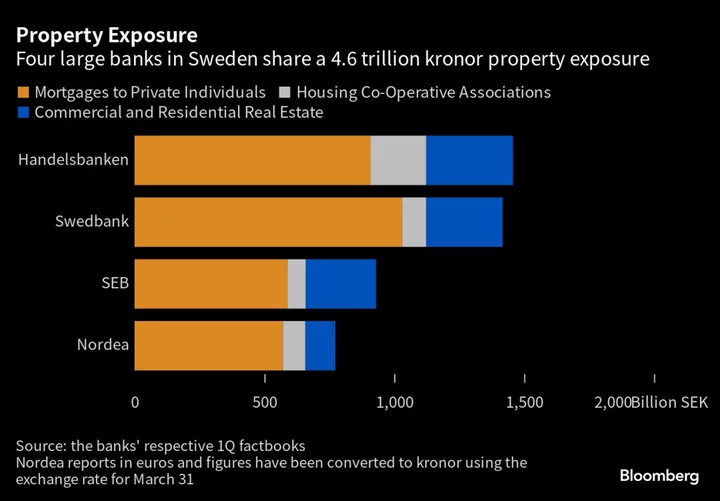The controversial overhaul of Israel's judicial system risks plunging the country into further turmoil that will hurt its economy and security, Moody's Investors Service warned on Tuesday.
"There is a significant risk that political and social tensions over the issue will continue, with negative consequences for Israel's economy and security situation," the credit ratings firm wrote in a report.
The Israeli parliament passed a law on Monday stripping the Supreme Court of its power to block government decisions. The dramatic move set off angry protests, threats of strikes from workers and selling from investors. The Tel Aviv 35 Index has plunged by 5.2% over the past two days.
Moody's warned the situation is "raising the risk of a constitutional crisis between the executive and judiciary" as petitions against the bill have been lodged with the Supreme Court.
The situation is complicated, Moody's noted, by the fact that Israel does not have a written constitution and its institutions rely heavily on judicial oversight and review.
"We believe the wide-ranging nature of the government's proposals could materially weaken the judiciary's independence and disrupt effective checks and balances between the various branches of government, which are important aspects of strong institutions," Moody's wrote.
The credit ratings firm pointed out widespread protests by civil society groups that are likely to continue and threats from military reservists to stop reporting for training if the bill passed.
"Although domestic and geopolitical tensions have traditionally not had a major or lasting impact on Israel's economy, a serious escalation of tensions with the Palestinians could endanger improved relations" between Israel and regional powers, Moody's said.
In response to the Moody's report, Israeli Prime Minister Benjamin Netanyahu issued a statement defending the resilience of the country's economy.
"This is a momentary reaction, when the dust settles it will become clear that Israel's economy is very strong," Netanyahu and Finance Minister Bezalel Smotrich said in a joint statement. "Israel's economy is based on solid foundations and will continue to grow under experienced leadership that leads a responsible economic policy."
In April, Moody's changed its outlook on Israel's credit rating from "positive" to "stable" due to concerns that Israel's governance had "deteriorated" amid the proposed judicial overhaul.
Now, Moody's says some of its earlier "concerns" about the judicial overhaul's impact on Israel's economy are "starting to emerge." The firm pointed to "materially" lower venture capital investments in Israel's high-tech firms and underperformance for Israel's stock exchange, compared with that of the Nasdaq.
"Country-specific considerations may be holding back Israeli tech stocks," Moody's said, adding that this is "particularly concerning" because high-tech firms are a key engine of economic growth in Israel.









